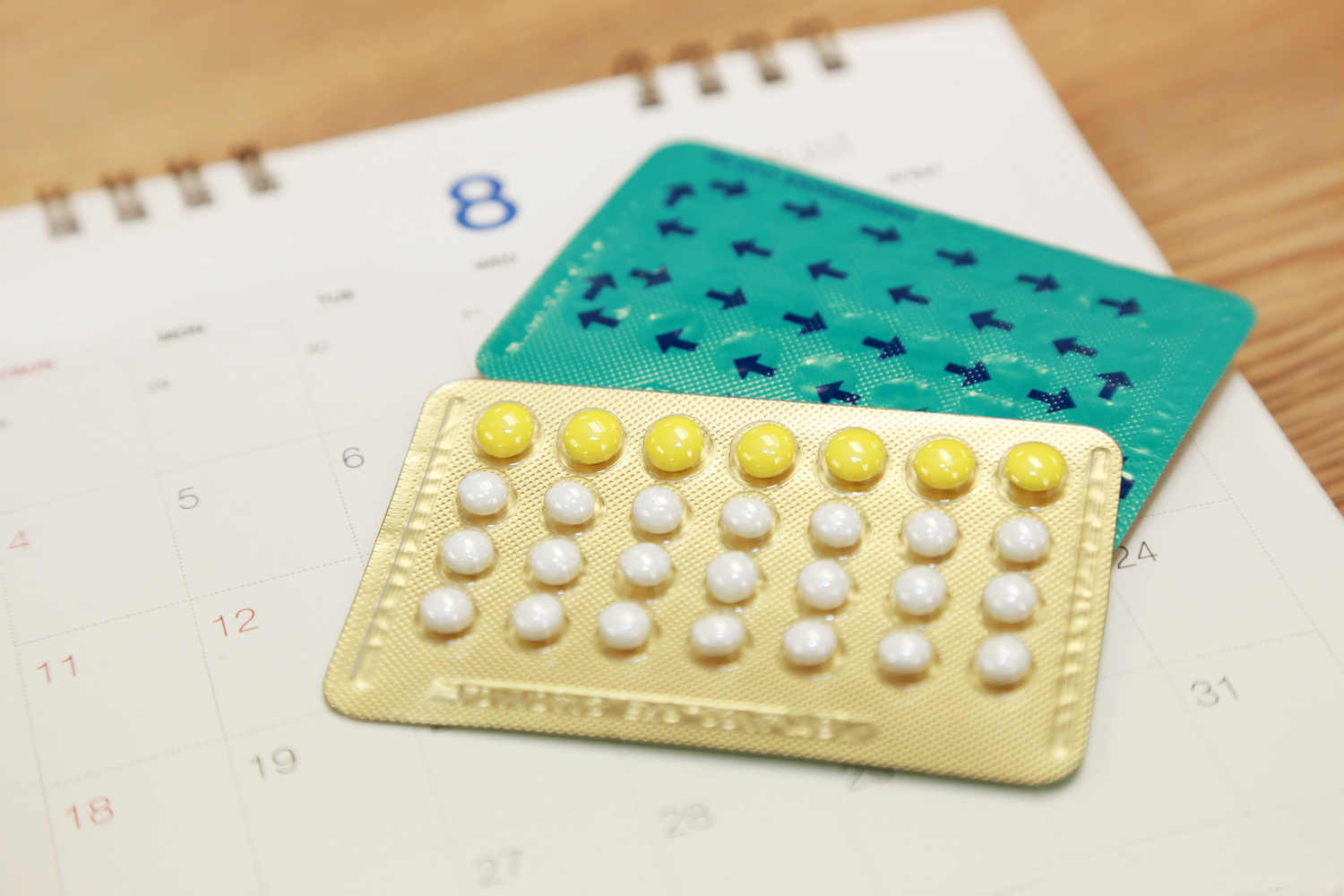
Common Birth Control Myths
The choice of birth control method lies with an individual. The main target of these methods is to inhibit unwanted pregnancy. Contraceptive birth control is available in several forms, including
emergency contraceptives (i.e., the morning after pill), hormonal medications (i.e., birth control pills), implants and injectables (i.e., IUDs) blocking methods (i.e., condoms), and of course, abstaining from intercourse.
Concerning birth control and pregnancy, most people lack facts and dwell on myths and misconceptions. There exists much confusion about the conception process as well. The most common birth control misconceptions include:
1. One can’t get pregnant while lactating
The truth is that it is possible to get pregnant while breastfeeding. This famous misconception has a little grain. It is because lactation suppresses hormones responsible for ovulation. It reduces your chances of being pregnant. It is only possible after meeting these criteria:
- You have not experienced periods since delivery.
- You delivered no more than half a year ago.
- You breastfeed at intervals of four hours in the day and six hours in the night.
Even after meeting the highlighted criteria, there are still chances of conceiving. While breastfeeding, progestins hormone is the most abundant hormone because they don’t interfere with milk production.
2. After delivery you cannot get pregnant for several months
The fact is that unprotected sex may cause pregnancy, irrespective of the timing of your last delivery. Hence, if you are not ready for another pregnancy, choose the most convenient contraceptive after delivery. Be it hormonal birth control pill, spermicide, cervical cap, condom, or IUD. Your doctor may advise you to take a short break from sexual activities, probably four to six weeks before engaging in sex.
3. You can’t use birth control while breastfeeding
It is vital to note that hormonal contraceptives are safe for both the baby and the mother. Additionally, hormonal contraceptive is not the only birth control method. Other non-hormonal techniques are used for birth control. There is little possibility that hormonal contraceptives disrupt estrogen responsible for milk production. It is the reason why the progestins only contraceptives are preferred during lactation. Hormones containing estrogen are also risk factors for having blood clotting within the veins. The risks are higher just after the delivery.
4. Birth control causes infertility
Contrary to many beliefs, birth control methods do not cause infertility in men and women. The most incriminated birth control methods thought to cause infertility is the use of spermicide and the morning after pill. The spermicide is inserted vaginally before copulation. It kills all sperms by creating a hostile environment for sperm survival.
5. Birth control prevents STDs
For a fact, birth control pills only prevent pregnancy. However, using condoms as a birth control method may prevent transmission of some sexually transmitted infections, but not all STDs. This solely depends on the pathogenetic pathway of the disease.


